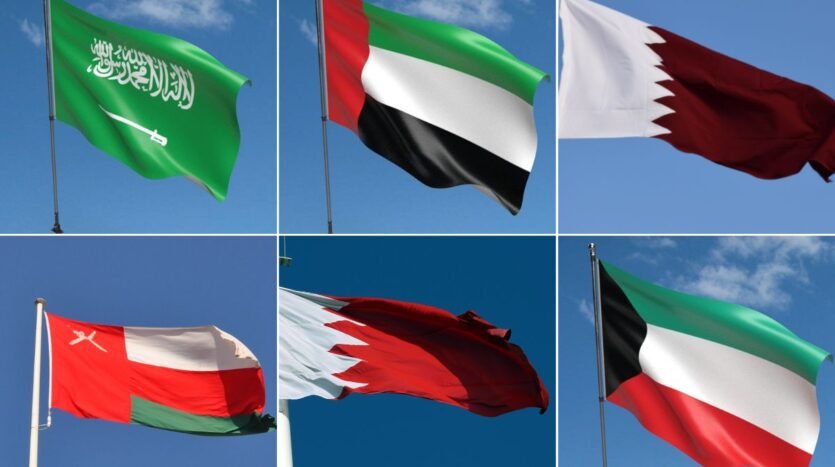From Boom to Boom: How GCC Markets Are Thriving Amid Global Economic Challenges
While much of the world grapples with economic slowdowns and uncertainty, the Gulf Cooperation Council (GCC) markets are thriving, setting an example of resilience and adaptability. Despite global challenges such as inflation, energy crises, and economic contractions in major economies, the GCC countries have managed not only to sustain their growth but also to position themselves as economic powerhouses. The region’s strategic investments, diversification away from oil dependency, and the pursuit of emerging sectors such as technology and AI are key factors behind this thriving momentum.
1. Strong Non-Oil Growth in GCC Economies
A significant reason for the GCC’s continued success amid global challenges is its non-oil growth. While oil remains a critical contributor to the region’s wealth, the GCC countries—particularly Saudi Arabia, the UAE, and Qatar—have been investing heavily in non-oil sectors such as tourism, real estate, finance, and technology. This diversification has allowed them to reduce their dependence on oil revenues, creating more sustainable and resilient economies.
For instance, Saudi Arabia’s Vision 2030 initiative has laid the groundwork for significant investments in infrastructure, technology, and tourism, fueling the growth of non-oil sectors. Similarly, the UAE continues to bolster its real estate and tourism industries, attracting foreign investors and tourists from around the globe, which has created a buffer against global economic headwinds (Arabian Business).
2. The GCC’s Strategic Role in Global Trade
GCC countries are also leveraging their strategic geographic position to strengthen their role in global trade. Located at the crossroads of Europe, Asia, and Africa, the region serves as a key hub for international trade and logistics. In particular, Dubai has emerged as a major global shipping and aviation hub, further solidifying its position as a gateway between the East and the West.
The ability to capitalize on trade routes, coupled with advanced infrastructure such as ports and airports, has allowed the GCC markets to continue attracting investment and facilitating commerce. This strategic advantage has also enabled GCC companies to expand their operations globally, as seen in the recent trend of mid-sized firms and Fortune 500 companies expanding into GCC markets to tap into their economic potential (Business Standard).
3. Thriving Amidst Global Economic Challenges
While many parts of the world are grappling with the effects of inflation and supply chain disruptions, the GCC economies have demonstrated resilience, thanks in part to their careful management of resources and their ability to navigate economic turbulence. This has been particularly evident in their handling of the oil price volatility in recent years, as well as their focus on macroeconomic stability.
GCC countries have also benefited from their financial buffers, which have allowed them to maintain stable economies even when global markets experience uncertainty. Their sovereign wealth funds, particularly those of the UAE and Saudi Arabia, have played a critical role in driving investments in new sectors, enabling continued growth while other regions have slowed.
4. Investment in Emerging Sectors: AI, Technology, and Sustainability
As the GCC looks toward the future, investment in emerging sectors like artificial intelligence (AI), technology, and sustainability will be crucial in maintaining its economic momentum. Saudi Arabia and the UAE are leading the charge in fostering a tech-driven economy, with major AI initiatives aimed at enhancing government services, creating smart cities, and transforming industries.
The shift toward a more sustainable economy is also a key focus for GCC countries. Mega projects like NEOM in Saudi Arabia are designed to prioritize sustainability and innovation, positioning the GCC as a leader in the green economy. This push aligns with global trends toward environmental responsibility and positions the region as an attractive destination for forward-thinking investments (Trade Arabia).
Conclusion
Despite global economic challenges, the GCC markets are thriving, powered by their strategic geographic location, diversified economies, and forward-thinking investments in technology and sustainability. The region’s ability to adapt to changing global dynamics while maintaining growth in non-oil sectors positions it as an economic powerhouse for the future. As the world continues to face uncertainty, the GCC stands out as a beacon of stability and opportunity, attracting both regional and global investors.



